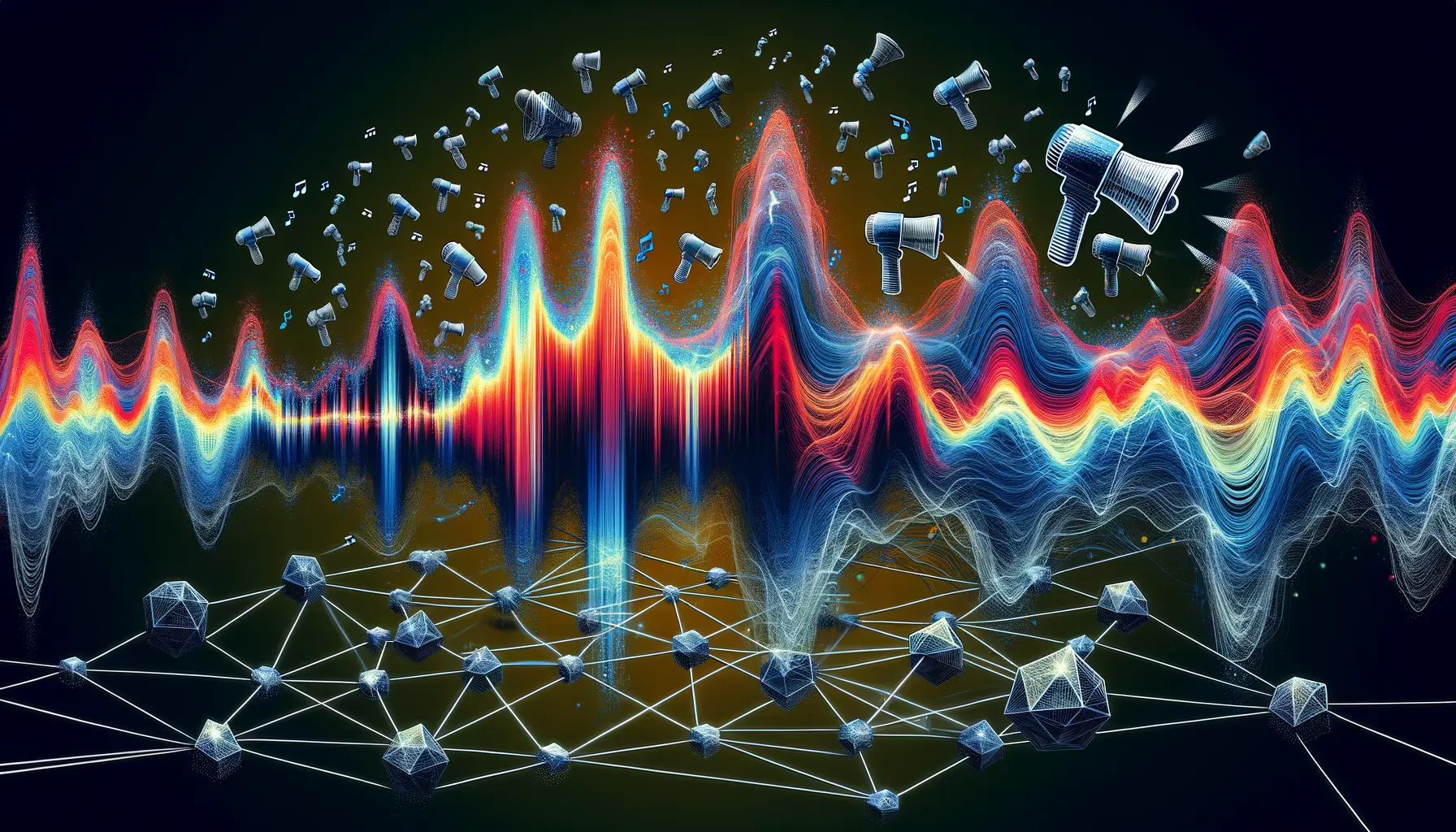1. Constantly checking a phone or other connected device in an effort to remain "in the know" and "connected". It has been proven in multiple studies that those who are constantly connected on Social Networks are much less informed than those who do not connect at all [https://www.pewresearch.org/journalism/2020/07/30/americans-who-mainly-get-their-news-on-social-media-are-less-engaged-less-knowledgeable] . It has also been proven under multiple studies that those who are addicted to Social Media "know" less in general because over 60% of content on social sites is opinionated commentary with low to no basis on facts or actual events.
2. Becoming more irritable more easily when offline. Dopamine withdrawal (caused by the lack of stimulation that some Social Media activity produces) is a sometimes serious condition requiring medical treatment [https://www.ncbi.nlm.nih.gov/pmc/articles/PMC9335375].
3. Sleeping less or losing sleep because of participation on Social Media platforms [https://www.ncbi.nlm.nih.gov/pmc/articles/PMC7907989]. Addiction effects are similar across the spectrum of sufferers.
4. Neglecting appearance and hygiene in real life unless it's time to post a picture online. Studies show that those who try to live up-to the perceived expectations of a general populace that they have no actual 4 dimensional interactions with produces psychosis (disconnecting from reality), depression and feelings of loneliness in young adults [https://ncbi.nlm.nih.gov/pmc/articles/PMC10001671].
5. Abnormal eating habits based around easy and convenient foods that still allow Social Media interactions. Studies have shown that Social Media Addiction contributes to the epidemic of obesity and the promotion of unhealthy and dangerous body positivity for the morbidly obese and even anorexic [https://www.ncbi.nlm.nih.gov/pmc/articles/PMC10032524].
6. Violating the privacy or others by taking picture and shooting video and posting online without consent. Being present on someone else's private property generally requires the property owner's consent to take photos. Other violations of law may actually occur when violating the privacy of others without consent even in some public spaces.
7. Lying online to gain favor, likes or other types of virtual status. Narcissistic Personality Disorder is one of a number of serious mental problems associated with this behavior.
8. Pretending to be someone else or a better version of their true self. Studies have shown that the effort required to pretend to achieve or become is often more than that which would be required to actually attain authenticity.
9. Using stimulants like nicotine or drugs like alcohol to help them "relax" while online. This is simple drug use.
10. Cyber-Stalking people that no longer wish to maintain contact or relationships. Stalking is illegal in most countries.
11. Engaging in gossip or speaking negatively about strangers. Slander is illegal in most countries.
12. Elevating Politicians, Celebrities and "Influencers" above other people. Rankism in all its forms including reverse rankism is a psychological malady.
13. Frequenting Campfires (areas of the Internet) where only people who share the same ideas, beliefs and exhibit the same behaviors are. Studies show that conforming blindly and automatically accepting group thinking, saps autonomy and encourages abnormality. It is highly likely that these "silo's" are simply marshaling areas designed to allow the marketing to and manipulation of the trapped populations [https://www.cambridge.org/core/journals/business-ethics-quarterly/article/ethics-of-the-attention-economy-the-problem-of-social-mediaaddiction/1CC67609A12E9A912BB8A291FDFFE799].
14. Engaging in online "bullying" [https://www.stopbullying.gov/cyberbullying/what-is-it]. Bullying online is illegal in most places.
15. Losing interest in real things like work or school. Neglecting important areas of ones life have been proven to produce an abnormal or less than desired life experience with unwanted outcomes.
16. Cheating on a partner/spouse. Adultery can cause people much distress.
17. Repeating nonsense or espousing conspiracy theories. Psychosis is universally recognized as dangerous and until recently those who suffer from it were institutionalized in most places with that trend only changing due to the logistics involved with housing the rising numbers of psychotic individuals present in modern society.
18. Becoming delusional. Delusion can lead to unwanted consequences like loss of employment or family bonds.
19. Hearing voices or instructions from unknown sources like celebrities or politicians.
20. Becoming agoraphobic or avoiding real life interactions in preference to virtual ones. Agoraphobia is a mental and behavioral disorder, specifically an anxiety disorder characterized by symptoms of anxiety in situations where the person perceives their environment to be unsafe with no easy way to escape which may result in a panic attack.
